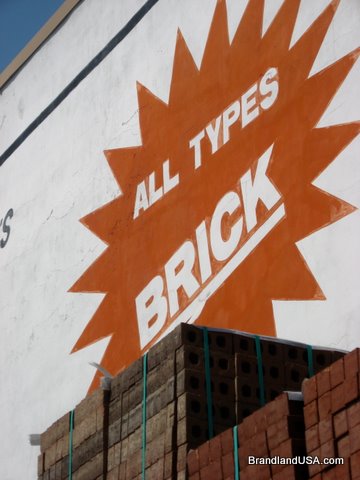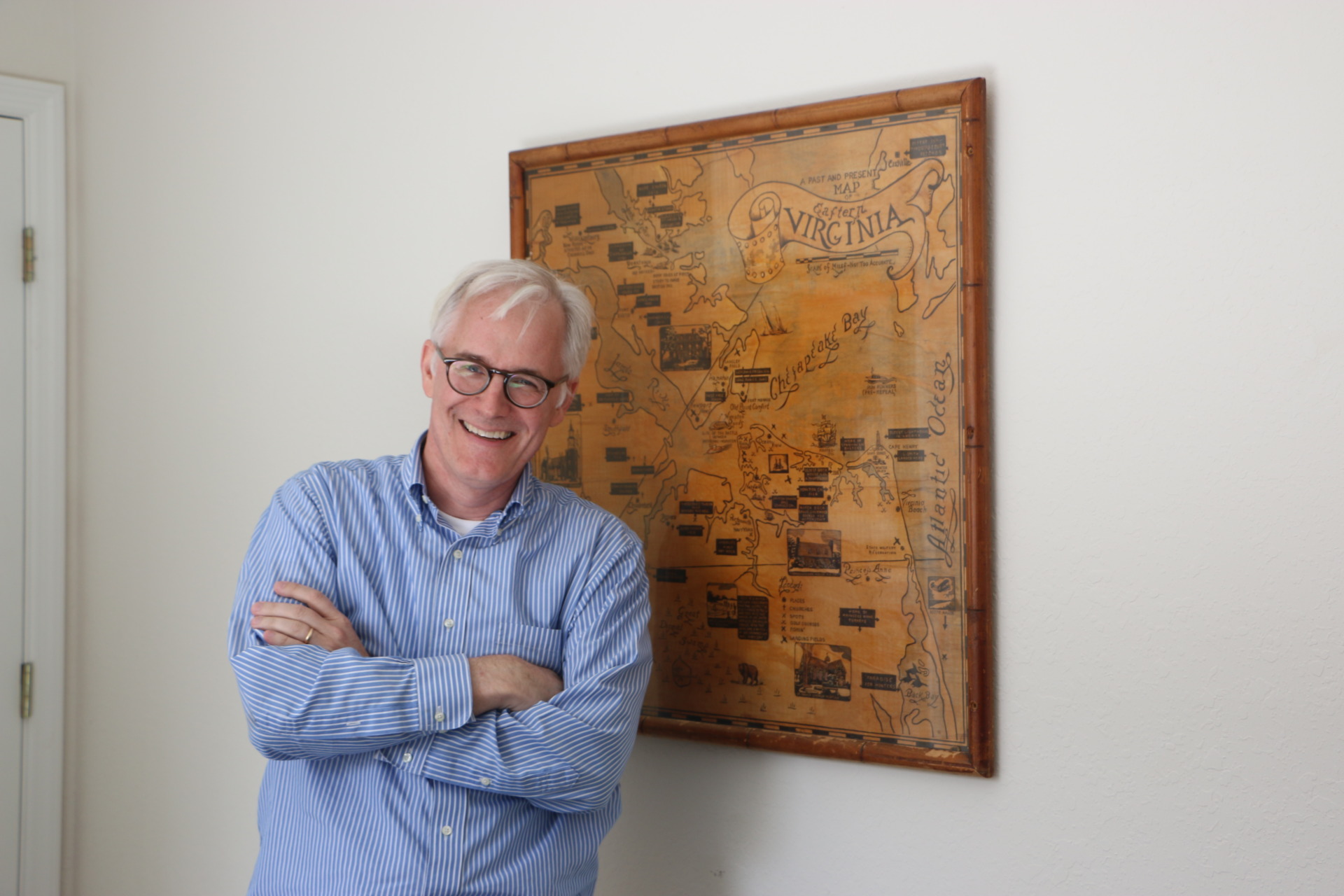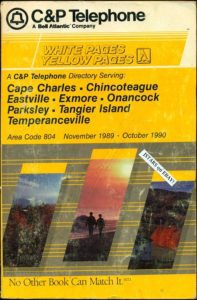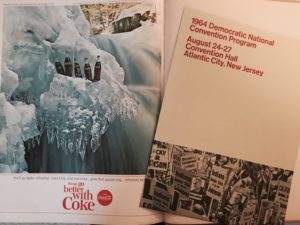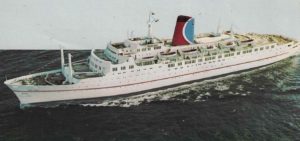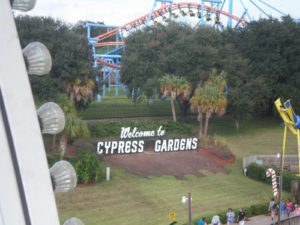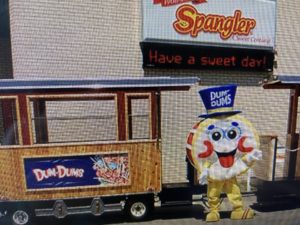I am reading about neuromarketing, the science of looking at brains and connecting it with consumer behavior, after seeing that 60 Minutes clip on computers reading brains (thanks to Jon Vanhala for sending it out). I wanted to find out more about neuromarketing to get a sense of how prevalent it is. I ended up stumbling onto Roger Dooley’s Neuromarketing Blog.
His thesis is this. We think differently about things when we hear stories about them. He says that if someone hands you an old brick, it’s an old brick. But if they tell you its from Mount Vernon then WHOA! Your brain does something different. It begins to think of more things, and the brick becomes special. That’s why brands work. You connect a word to a commodity, and it becomes special. That’s why I like brands with good stories, and why I believe that brands need to tell stories.
And that’s why stories and history about places help to sell a destination. History, frankly, is the only thing that can sell a destination. And it is the only thing that can sell a product. It doesn’t have to be a long history, as even a short good history will sell something. But the history has to be there.
Growing up in Virginia, that history is always around, in furniture, buildings, even the landscape. And as a Virginian (indeed any old school culture though), you are sort of trained to think of everything with a narrative.
But back to Roger Dooley:
When we choose a place for our business or to live, a sense of place and history is often neglected despite the considerable impact they can have on us emotionally. Whether it is as simple as a historic home or as elaborate as Chicago’s Tribune Tower, being in a location with a sense of history can profoundly affect our mood and that of the people with whom we interact.
Does your place of business have a story to tell? What about an object in it? And what about your customers – do they perceive your business as a manufactured environment, or one that comes with historic substance?
Coke, Brooks Brothers and the like are powerful brands because they have history behind them. London is a powerful city because of its history. That doesn’t mean that just because a brand or a place has history, it can’t screw itself up. But when Coke screwed up its marketing, it wasn’t the fault of the history. Ditto with New York; when the city was broke, it wasn’t the history’s fault. But to succeed, it needed the history to cement its place in the world.
When brands and cities pretend there is no history, they soon will get forgotten by it.

